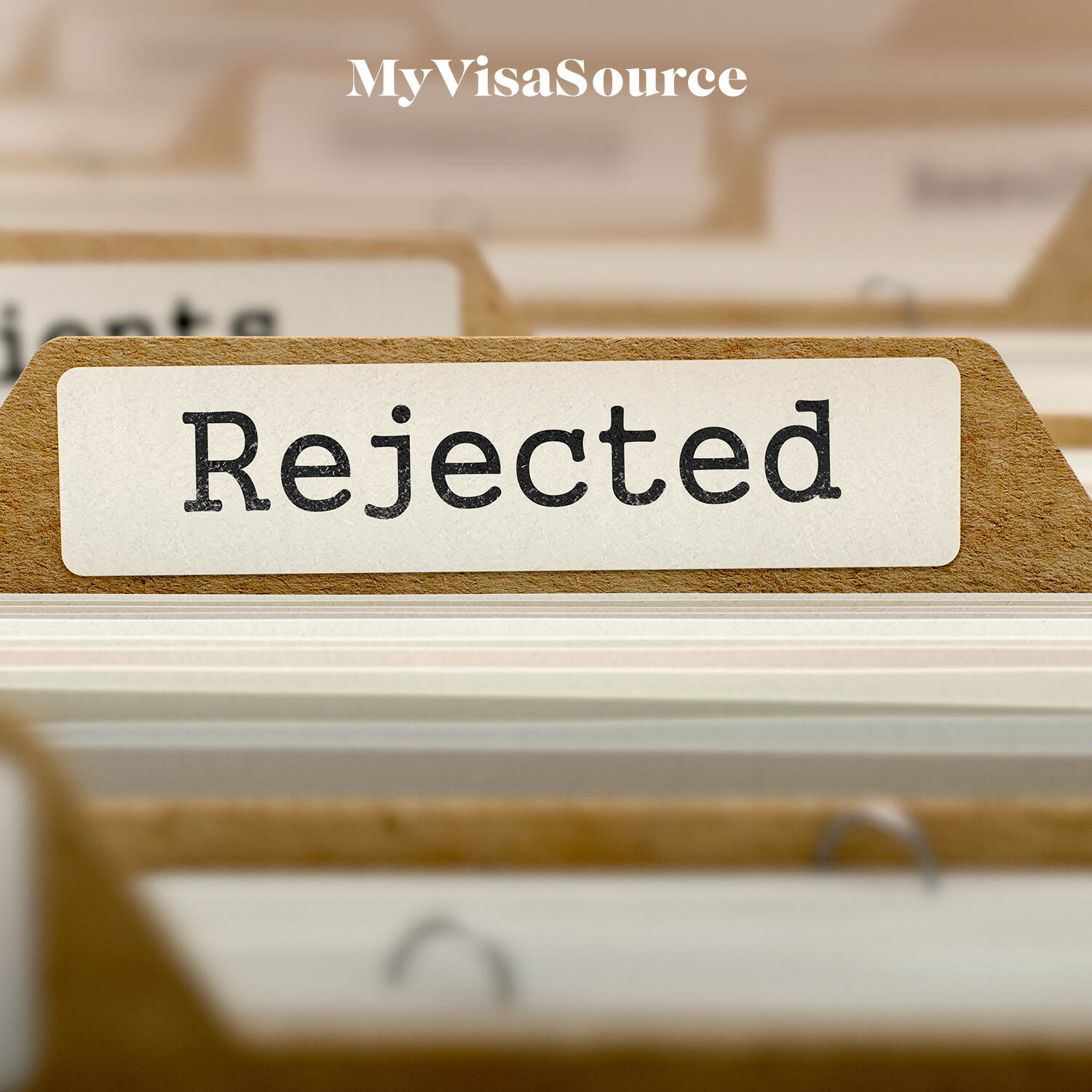Check Out the 5 Program Length Options for Student Work Visas.
Learn More

What are the Most Common Reasons for Rejection of a Study Permit?
1. Financial Insufficiency:
Study permit applicants must demonstrate sufficient financial resources to support themselves and their family members while they stay in Canada.
You are required to submit 6 months of bank statements to demonstrate financial resources. You must have adequate funds for at least the first year of your study program.
However, if you fail to provide enough evidence to support your finances, then your study permit application can be rejected.
2. Academic Performance:
If you do not have the academic standing according to the requirements of your program and the government, the IRCC can refuse your study permit.
It is important to check both the institutional and government requirements regarding your academic standing.
3. Language Proficiency:
You are required to demonstrate language proficiency by taking a standardized English language test (IELTS/TOEFL).
Regardless of whether you are applying through the Student Direct Stream (SDS) or Study Permit Program (SPP), the minimum points required on the language test will be based on your study program.
Not having the required test rank can lead to the rejection of your study permit application.
4. Choice of Program:
Your study permit can be rejected if the visa officer questions the choice of your study program. This can happen if the study program does not match your previous study or work background.
If your study program does not align with your past work experience, you can attach a detailed explanation along with your application.
5. Letter of Acceptance:
A letter of acceptance is the most basic requirement for applying for a study permit. If the visa office has concerns about your acceptance letter, then your study permit can be rejected.
You must meet the minimum entry requirements of your study program as set by the respective university. You must verify that the university is designated by the authorities. Additional documents can also be submitted along with the application.
6. Dual Intent:
Since a study permit is for temporary residence in Canada, it comes with an expiry date. It is important to demonstrate to your visa officer that you intend to leave the country after your study permit expires.
However, you can still apply for visa extensions or renewals and apply for permanent residence. It usually means that you need to demonstrate that you won’t continue living out of status once your study permit expires.
You can demonstrate that you have strong ties to your country and have an intention to return.
7. Incomplete Travel Documents or Identification:
Your study permit application can be rejected if there are blank spaces in your travel history with no evidence to cover those periods.
It can also be refused if you lack sufficient identification documents. You must justify your travel history with sufficient documentation.
Your identity documents must be accurate and provide clear and legible information.
8. Lack of Employment Opportunities in Home Country:
If there is a lack of job opportunities in your home country, this can indicate the possibility of dual intent.
Applicants with no employment prospects or opportunities in their home country could intend to stay in Canada permanently. This can lead to a rejection.
You can submit additional documents stating that there are sufficient job prospects in your home country and you intend to return after the completion of your study program.
9. Inadequate Travel History:
Having a limited travel history on your passport can also impact your application. High school graduates and people with limited travel abroad may struggle in this area.
However, solely this reason will not lead to the rejection of your application. The visa officer likely will have other relevant reasons for your visa refusal.
10. Insufficient Family Ties to Home Country:
Having inadequate family ties to your home country can raise concerns about your intent to return after your study permit expires.
Having an established family with the ownership of properties and other assets can demonstrate adequate family ties.
What are 3 Things You Can Do If Your Study Permit Application is Refused?
There are 3 steps you can take if your study permit application is refused:
1. Request a Reconsideration:
You may have the option to request the visa office to reconsider and reevaluate your application.
You can provide additional documents and evidence missing in your initial application. However, the visa office has no obligation to entertain your request.
This has little chance of reversing the decision even if the request is approved.
2. Appeal the Refusal:
You can appeal the decision to the Federal Court of Canada if you believe the decision is based on misinterpretation or an error of law.
However, it is a long and time-consuming process that can take up to 12 months for the case to be reviewed. It is not guaranteed that the decision will be modified.
3. File a New Application:
If you are filing a new application, you should explicitly state the reason for rejection and rectify it. Usually, the reason for rejection is mentioned in the rejection letter.
You can also request the reasons by submitting an Access to Information and Privacy (ATIP) request. However, it is not guaranteed that the visa officer will provide clear reasons to assist in the case of a resubmission.



















